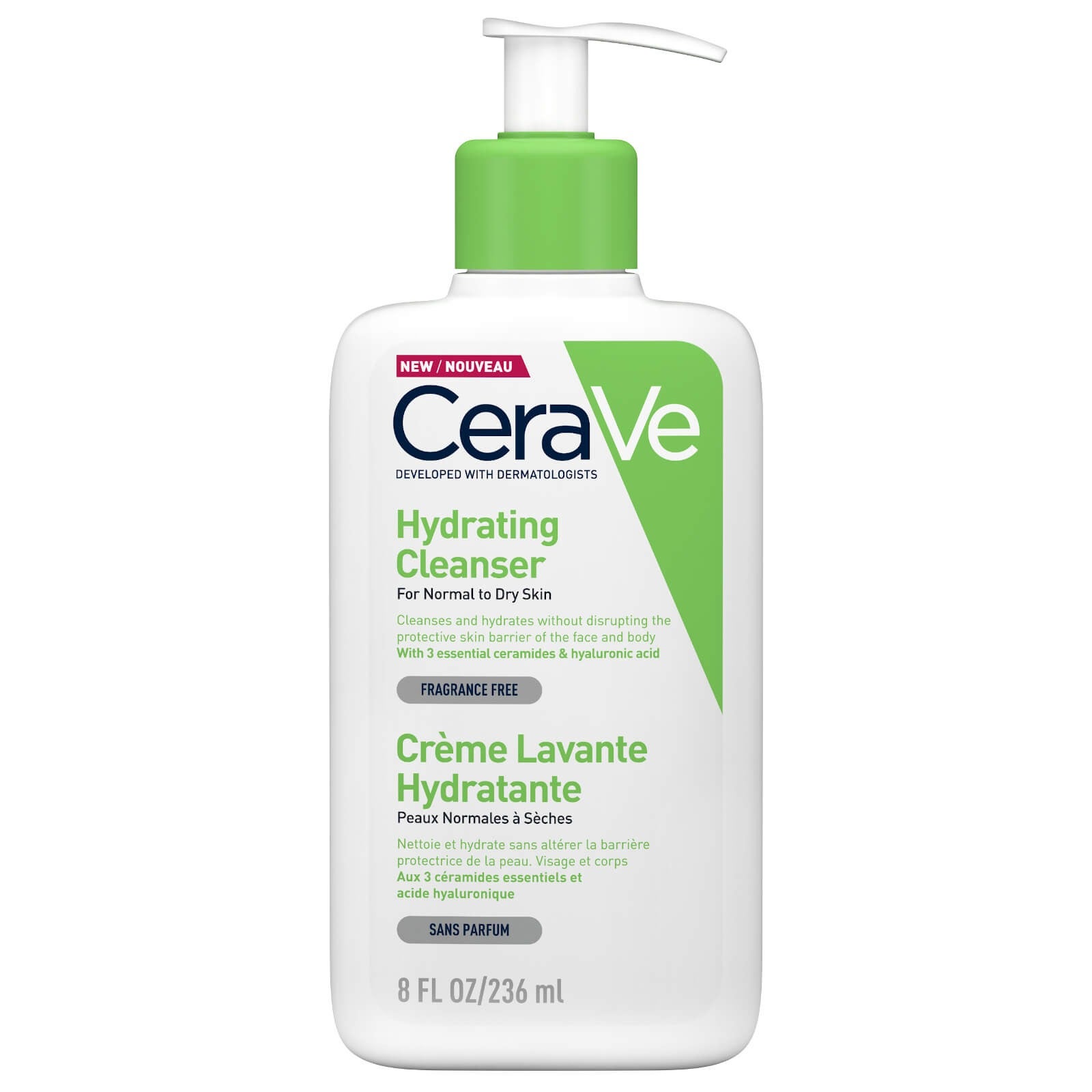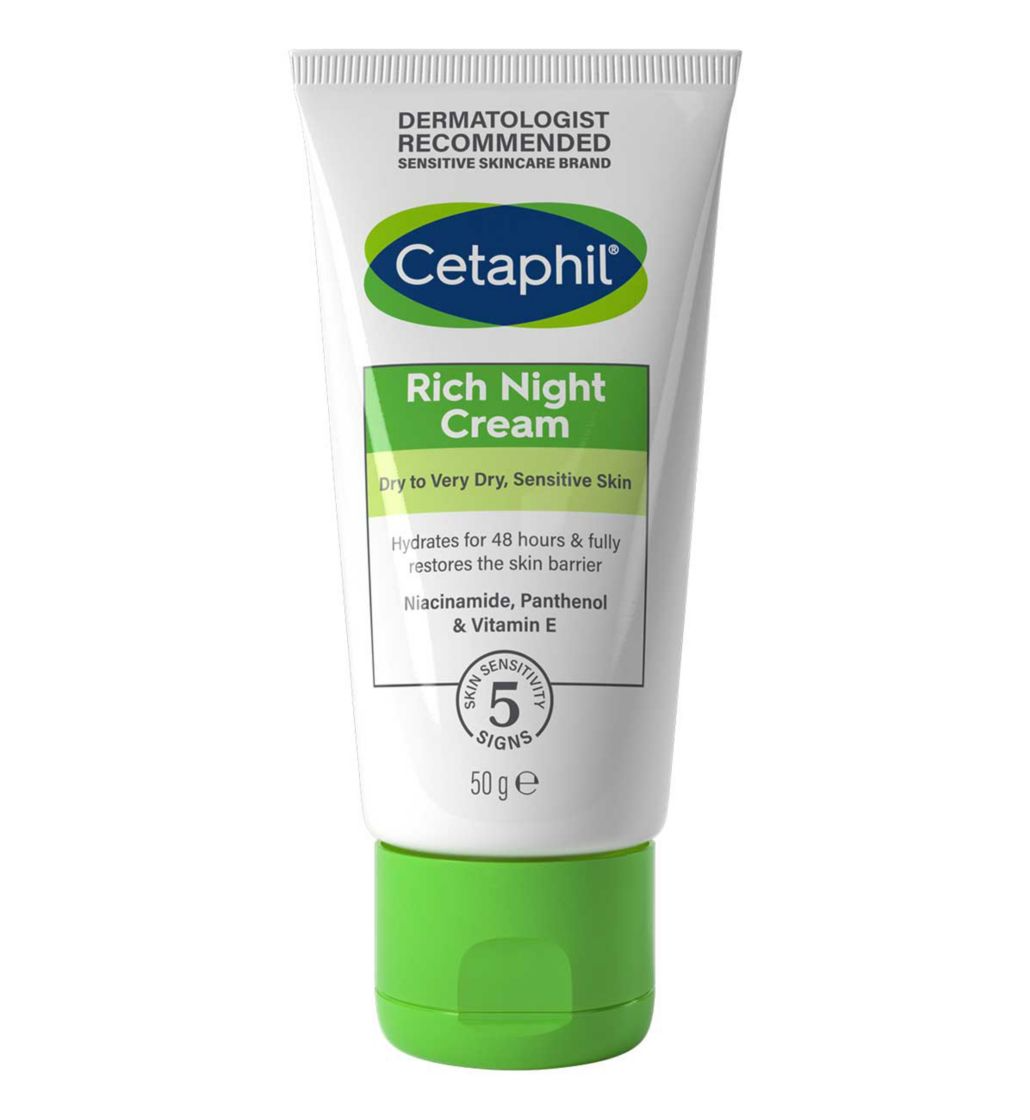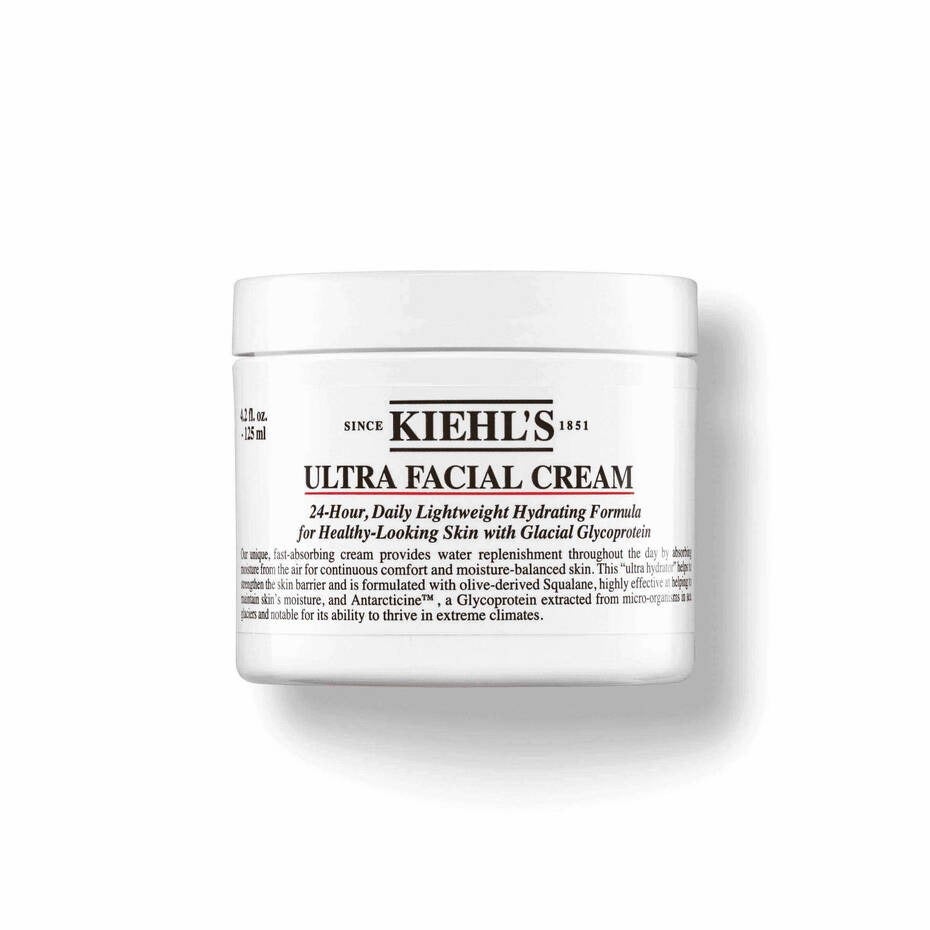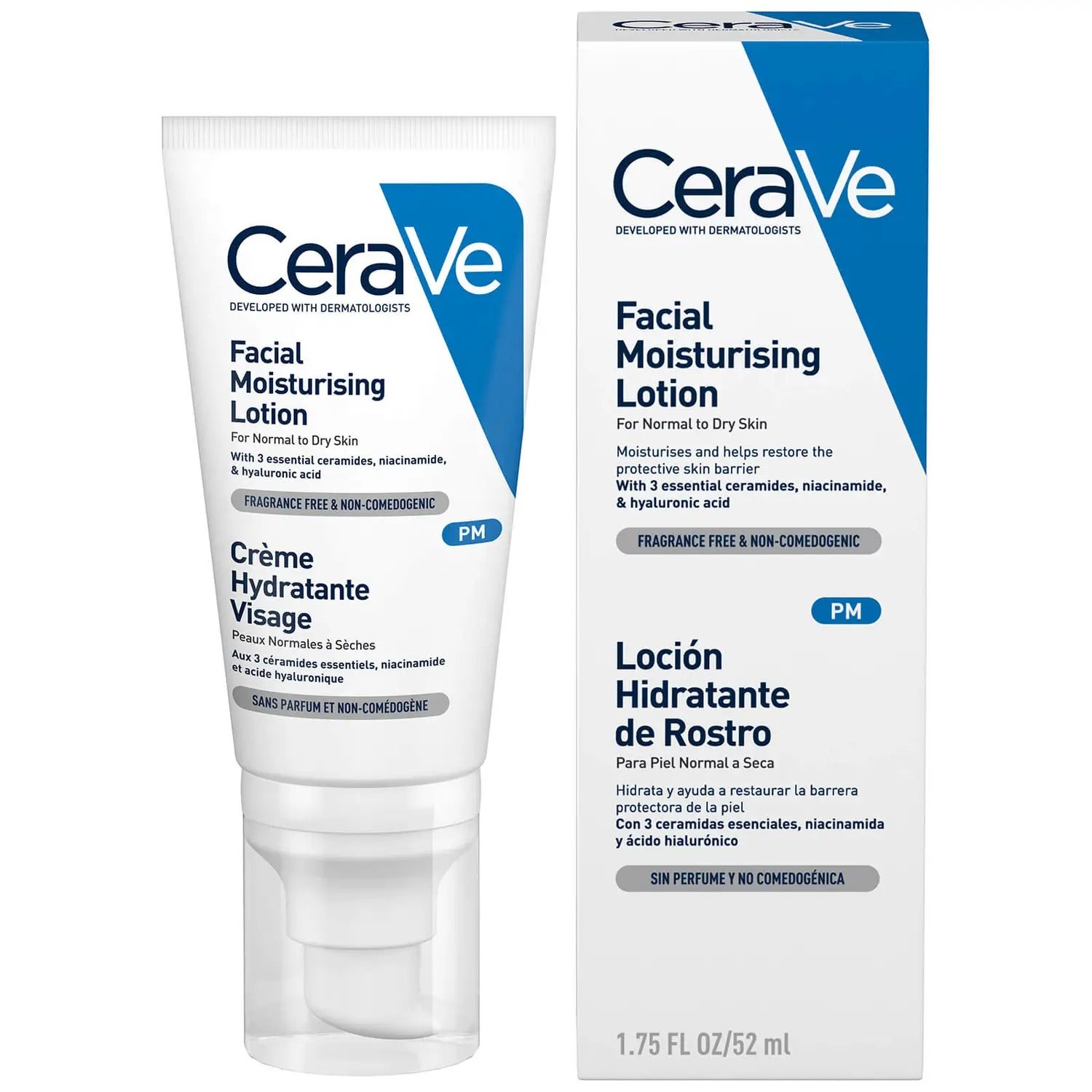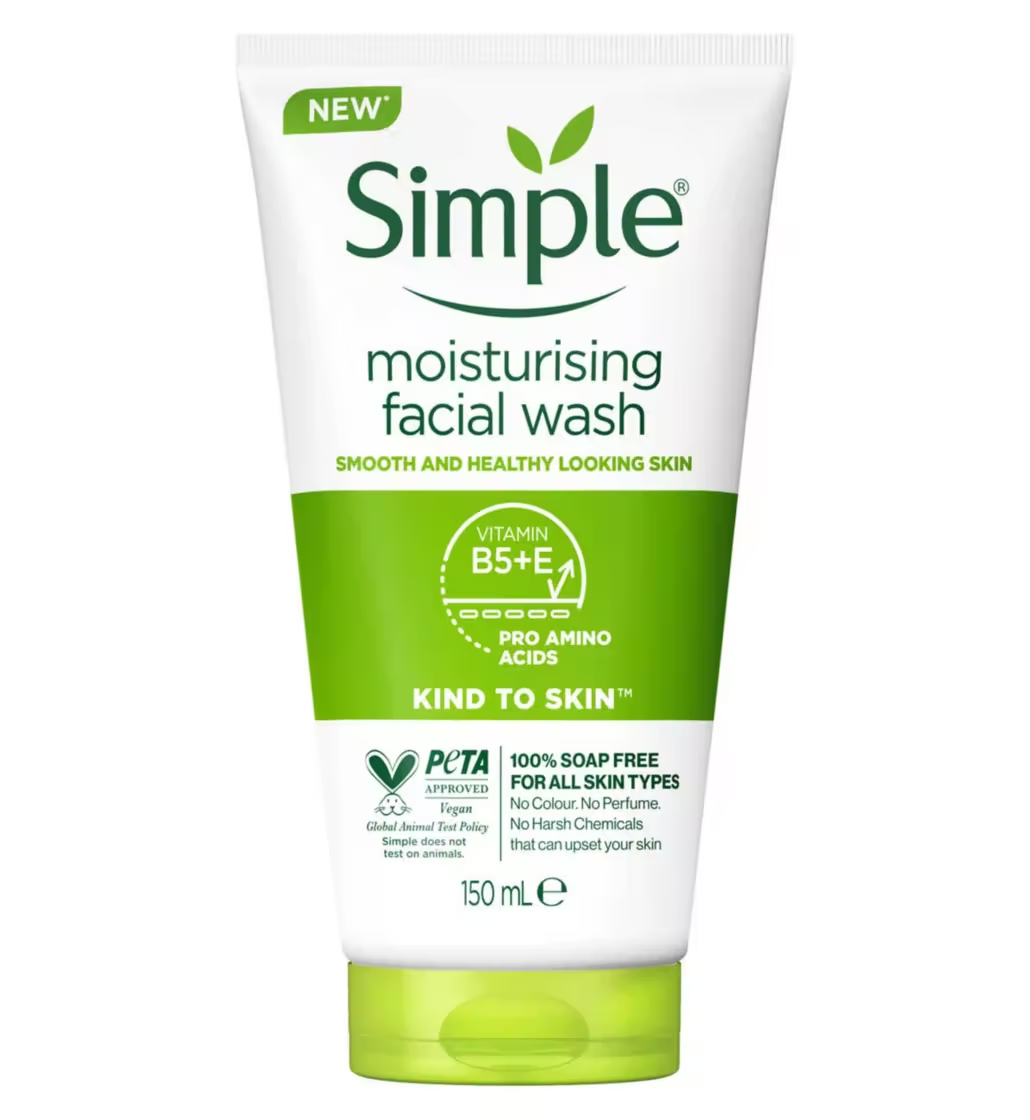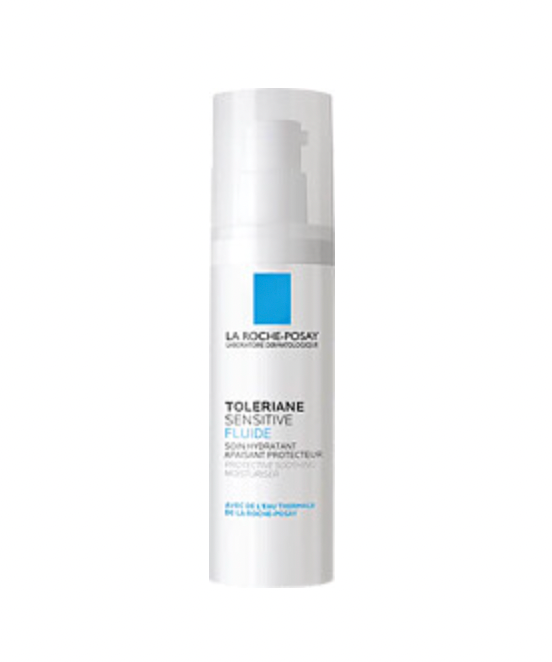The science of reaction is a little less sexy than the science of attraction but it’s equally important in my eyes. I’m prone to random reactions, with some bedding, plants and cleaning products being the only culprits I’ve yet identified with any certainty. I know I'm not alone, however, establishing whether my responses – and yours – are allergic reactions or simply reactions can be just as mystifying.
Consultant dermatologist Dr Alexis Granite said: "Generally speaking, the kinds of reactions that manifest topically as rashes are either classed as irritant contact dermatitis or allergic contact dermatitis." The contact part of the name indicates that the reaction is because you’ve literally come into contact with an irritant – in my case, Christmas trees – and subsequently developed a reaction at the site of the contact. "Irritant contact dermatitis is by far the most common, and this means there’s not an allergic reaction but the skin has become irritated by a chemical or perhaps a fabric," explained Dr Granite, giving the example of a retinoid. "Irritant reactions are common when using retinoids but that’s not because you’re allergic to retinol. It’s simply because the amount that’s been used has been too much or too intense," she added. If you were to adjust the strength of the retinoid you're using or how often you're using it, or in some other way mitigate the irritation, like by buffing it with a moisturiser, you could be able to use it again in future without having a reaction.
AdvertisementADVERTISEMENT
On the other hand, allergic reactions – like allergic contact dermatitis – invoke a stronger response that involves the immune system. Unlike with the retinoid example, the more you expose yourself to something you’re allergic to, the more sensitised you’ll likely become to it and the worse the reaction could be. "With allergic contact dermatitis, it doesn't get better over time and it often gets worse," confirmed Dr Granite. "The first time you experience allergic contact dermatitis, the rash will usually go away. But if you expose yourself to the allergen again, then I would expect the rash to come back faster and generally be worse than it was the first time."
According to Dr Granite, allergic and irritant contact dermatitis can present with very similar symptoms, so identifying which of the two you’re suffering with might require a little more contextual analysis. Generally speaking, both responses can present with itching, the skin feeling hot or sore and some kind of rash. In lighter or fairer skin, the rash might be red or pinkish; in darker skin, Dr Granite said it may be more purple, grey or brown in appearance. Irritant contact dermatitis is more likely to skew towards dry, tight skin and allergic contact dermatitis may have more itching and more of a rash-like appearance. But when it comes to diagnosis, she said: "It’s often more from the patient history and what’s been going on with your skin rather than how it actually looks clinically or physically."
According to Dr Granite, allergic and irritant contact dermatitis can present with very similar symptoms, so identifying which of the two you’re suffering with might require a little more contextual analysis. Generally speaking, both responses can present with itching, the skin feeling hot or sore and some kind of rash. In lighter or fairer skin, the rash might be red or pinkish; in darker skin, Dr Granite said it may be more purple, grey or brown in appearance. Irritant contact dermatitis is more likely to skew towards dry, tight skin and allergic contact dermatitis may have more itching and more of a rash-like appearance. But when it comes to diagnosis, she said: "It’s often more from the patient history and what’s been going on with your skin rather than how it actually looks clinically or physically."
In rare cases, you can develop a rash or irritation of some kind because of emotional stress – think about when you get yourself so worked up about something that you end up with hives or breakouts. So when you’re getting a reaction, it’s important to think about everything that’s going on, not just skincare or fabrics.
Okay – treatment. "The immediate treatment for both kinds of dermatitis is usually the same," said Dr Granite. "Depending on the severity of the reaction, that might be an over-the-counter cortisone cream or maybe a prescription one if needed, and antihistamines can help if there’s itching," she added. She said that milder reactions can dissipate in days but more severe reactions with blisters, for example, might take weeks to resolve. In practical terms, if you can identify what set you off, stop using it and make sure you have a stash of skincare products that never upset your skin, like your gentlest cleanser and moisturiser. Switch to these for a few days or a week or so until your irritation has fully died down to avoid making things worse. In my experience, when I get a reaction, antihistamines, simple skincare and rest tend to put me right fairly quickly (as well as calling my mum and making sure she knows how miserable I am, of course).
Okay – treatment. "The immediate treatment for both kinds of dermatitis is usually the same," said Dr Granite. "Depending on the severity of the reaction, that might be an over-the-counter cortisone cream or maybe a prescription one if needed, and antihistamines can help if there’s itching," she added. She said that milder reactions can dissipate in days but more severe reactions with blisters, for example, might take weeks to resolve. In practical terms, if you can identify what set you off, stop using it and make sure you have a stash of skincare products that never upset your skin, like your gentlest cleanser and moisturiser. Switch to these for a few days or a week or so until your irritation has fully died down to avoid making things worse. In my experience, when I get a reaction, antihistamines, simple skincare and rest tend to put me right fairly quickly (as well as calling my mum and making sure she knows how miserable I am, of course).
AdvertisementADVERTISEMENT
One more important distinction to make is that allergies and irritations are, paradoxically, not necessarily a sign of sensitive skin. "You can have very hardy skin and still get allergic reactions," said Dr Granite. Sensitive skin is more about getting a burning or stinging feeling after using certain products, rather than a propensity towards rashes, itching and reactions.
Should you try and work out if you’re allergic or simply irritated? It could be worth it to avoid a future headache. "One of the most common situations where I see irritant contact dermatitis is when a patient has started on an acne-control routine and they’re using a very strong retinoid and they’ve maybe used a little much and now they’re having some soreness and dryness. In that instance, we can offer workarounds to make the irritant less problematic for them but it’s important to establish whether it’s an allergy or not because if it is an allergy, repeated use is going to make the reactions much more severe," said Dr Granite.
Keep a diary of your reactions, make a note of what products you were using at the time as well as your mood and circumstances and discuss it with your doctor. You might also be offered the option of patch allergy testing to avoid future triggers.
Should you try and work out if you’re allergic or simply irritated? It could be worth it to avoid a future headache. "One of the most common situations where I see irritant contact dermatitis is when a patient has started on an acne-control routine and they’re using a very strong retinoid and they’ve maybe used a little much and now they’re having some soreness and dryness. In that instance, we can offer workarounds to make the irritant less problematic for them but it’s important to establish whether it’s an allergy or not because if it is an allergy, repeated use is going to make the reactions much more severe," said Dr Granite.
Keep a diary of your reactions, make a note of what products you were using at the time as well as your mood and circumstances and discuss it with your doctor. You might also be offered the option of patch allergy testing to avoid future triggers.
Refinery29's selection is purely editorial and independently chosen – we only feature items we love! As part of our business model we do work with affiliates; if you directly purchase something from a link on this article, we may earn a small amount of commission.
